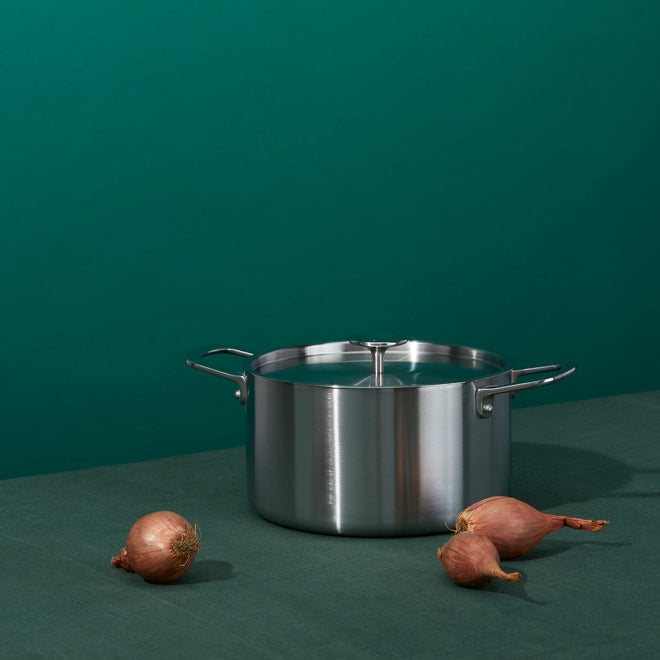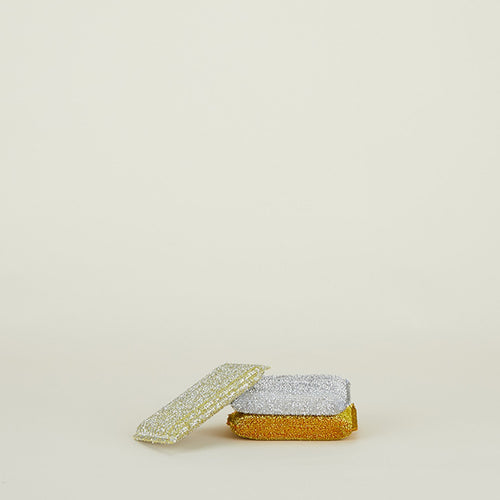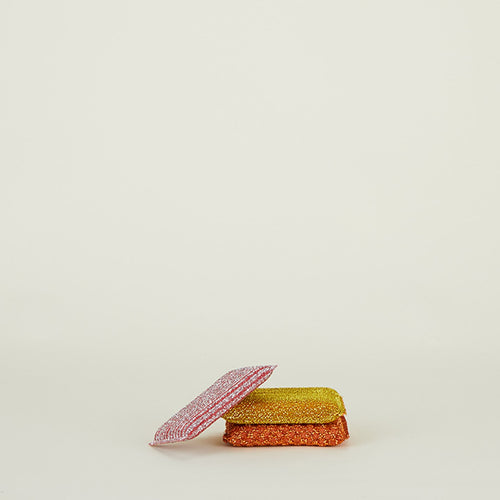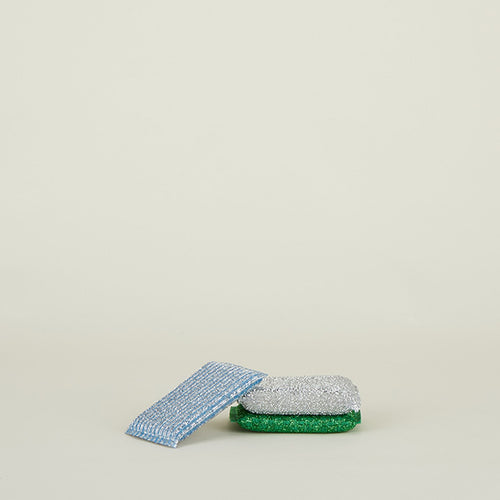
Stainless Steel Care
Guaranteed to steal your heart, stainless steel cookware is the nonstick, non-toxic, long-lasting savior to your everyday cooking needs. We love its timeless, clean look + the comfort of its non-reactive nature. Plus, we have a bunch of helpful tips to keep your stainless steel looking shiny + new in our care guide.
CAN I SEASON A STAINLESS STEEL PAN?
Although seasoning stainless steel isn’t necessary before cooking, some home + professional chefs alike prefer doing so to create a nonstick surface. Unlike cast iron, seasoning stainless steel isn’t meant to build up, so make sure to wash it regularly after use. Check your pans before proceeding with seasoning, as some stainless steel cookware comes pre-seasoned.
HOW DO I SEASON STAINLESS STEEL COOKWARE?
First, wash the pan with hot water + a mild dish soap to remove any residue from the manufacturing process. Pat your cookware dry with a clean towel, then apply oil to the inside using a cloth or paper towel. Heat your oiled pan on medium-high heat until it begins to smoke. This helps the oil bind to the metal, forming your protective nonstick layer. Turn off the heat + allow the pan to cool down completely, then wipe off any remaining oil. Make sure to wash + dry your pan after each use.
DOES BAR KEEPERS FRIEND WORK ON STAINLESS STEEL?
Yes, you’re good to go! Bar Keepers Friend is a great non-abrasive way to clean your stainless steel + remove calcium deposits from hard water. Just be sure to dry your stainless steel cookware with a soft cloth or towel to keep moisture from sitting on the surface.
WILL BAKING SODA AND VINEGAR DAMAGE STAINLESS STEEL?
Diluted vinegar is perfectly safe to use on your stainless steel, but concentrated vinegar can cause damage if it’s left to soak for too long. Most cleaners dilute the vinegar with water or baking soda first, so just double check before using.


